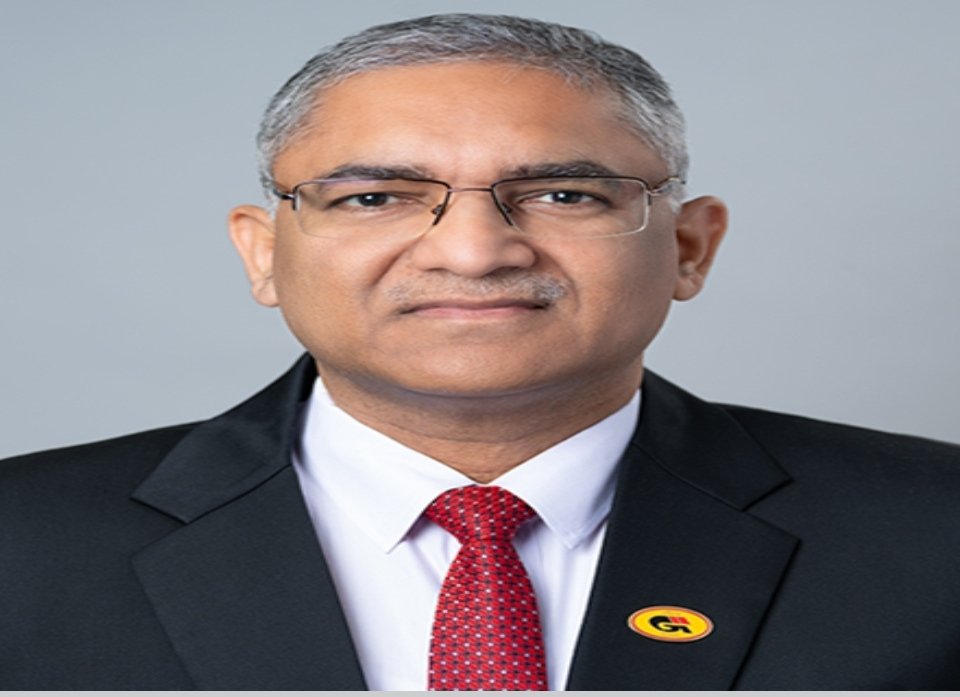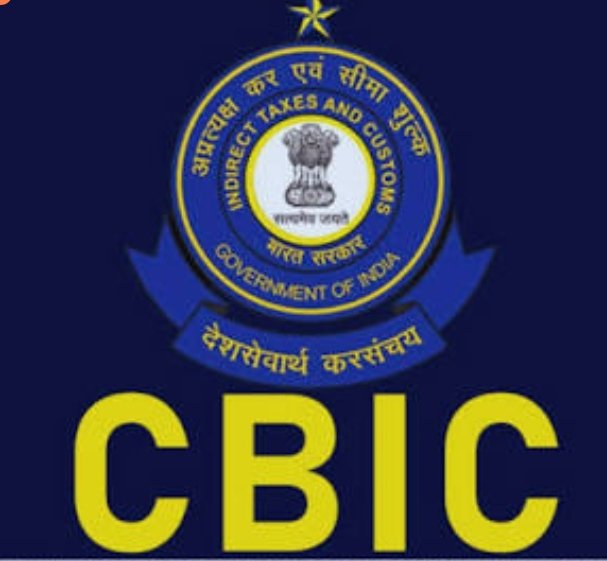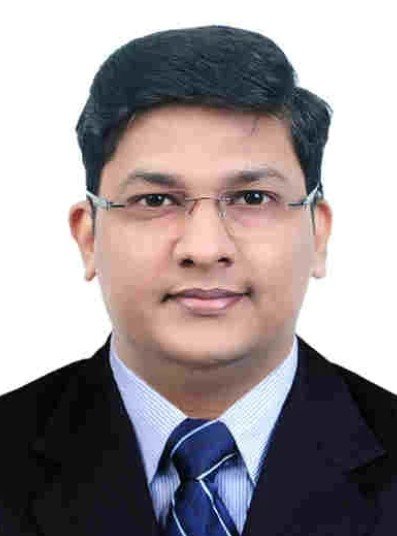The Prime Minister, Dr. Manmohan Singh delivering the inaugural..
| The Prime Minister, Dr. Manmohan Singh delivering the inaugural address at the Chief Ministers’ Meeting on National Counter Terrorism Centre (NCTC), in New Delhi on May 05, 2012.
PM’s address for National Counter Terrorism Centre (NCTC) Meeting |
| The Prime Minister, Dr. Manmohan Singh addressed the National Counter Terrorism Centre (NCTC) meeting in Delhi. Following is the text of Prime Minister’s address:“I welcome you to this very important meeting on the very important issue of operationalising the National Counter Terrorism Centre (NCTC).
As all of you know, we had initially intended to discuss this issue in the Chief Ministers’ Conference on Internal Security held on 16th April, 2012. But in view of the importance of the matter and concerns raised by some Chief Ministers, we have decided to have a meeting exclusively on this important subject. It’s my sincere hope that as a result of your deliberations today, we will make further progress in improving our counter-terrorism architecture and our operational and institutional capabilities to deal with this menace. I also hope that today’s discussions will take place in a spirit of harmony and cooperation, which are essential in tackling the challenge of terrorism. I would like to reiterate what I have said before. It is not our Government’s intention in any way to affect the distribution of powers between the States and the Union that our Constitution provides. The establishment of the NCTC is not a State versus Centre issue. The primary purpose behind setting up the NCTC is to coordinate counter-terrorism efforts throughout this vast country, as the Intelligence Bureau has been doing so far. The NCTC should be a vehicle of our combined efforts to reach the shared goal of curbing terrorism and eradicating militancy. Terrorism is today one of the most potent threats to our national security. There can be no disagreement on putting in place an effective counter terrorism regime with efficient mechanisms and response systems both at the national level and at the State level. Neither the states nor the Centre can fulfill this task alone. The closest cooperation and coordination is therefore necessary to meet the threats that emanate from within and outside our borders. I believe that it is the responsibility of the Centre to give form and shape to a cohesive national approach and strategy based on information gathered globally and from all the states of our Union. On their part, the states should use their expertise, knowledge and machinery to secure their own territories and work in coordination with the Centre and other States. Since 26/11, we have diligently strengthened our counter terrorism capabilities both in the States and at the Centre. I believe that today the State and Central Police and intelligence agencies are working in harmony and in close coordination. These efforts have resulted in several noteworthy successes. The State Police forces have achieved some excellent results in the recent past. On the whole there is broad agreement on the strategy and measures that we must adopt to counter terrorism in all its multifarious dimensions in India, including cross-border terrorism, Left Wing Extremism, terrorism in Jammu and Kashmir, insurgency in the North-East and religion based terrorism. However, much remains to be done. Our government remains committed to working with the State governments and providing them all possible help in combating terrorism. We have been providing financial assistance to the States and helping them train State police and intelligence agencies. We are also implementing schemes on border management and on coastal security, and the scheme for modernization of state police forces. Our government will continue and strengthen these efforts. The antecedents of the NCTC lie in the recommendations by a Group of Ministers and by the Administrative Reforms Commission, commencing from the lessons learnt in Kargil. It is our belief that the NCTC, in its design and its operational aspects, will supplement the counter-terrorism capabilities of the States and not supplant them. The NCTC mechanism will give each state agency an ability to see the bigger picture of terrorist threats and thus would enhance their counter terrorism capability and access to resources to tackle them. But for the NCTC to function smoothly and effectively, it is very important that we have a fairly broad consensus on its powers and its functions. We would like the State governments to be with us in this important initiative, which we believe would strengthen our counter-terrorism efforts. We remain open to the suggestions of Chief Ministers. We would like to benefit from their vast knowledge, wisdom and experience. In preparation for our discussions, the Ministry of Home Affairs has circulated drafts for the Standard Operating Procedures for the Standing Council and for the exercise of operational powers under section 43 A of the Unlawful Activities (Prevention) Act. Both drafts reflect the detailed provisions for Centre-State coordination in both the organizational set-up of NCTC and in its proposed powers and functions. With these words, I wish you success in your deliberations and I look forward to an open discussion today. May today’s deliberations enable us to continue working together to put in place even more effective counter-terrorism architecture in our country. |




